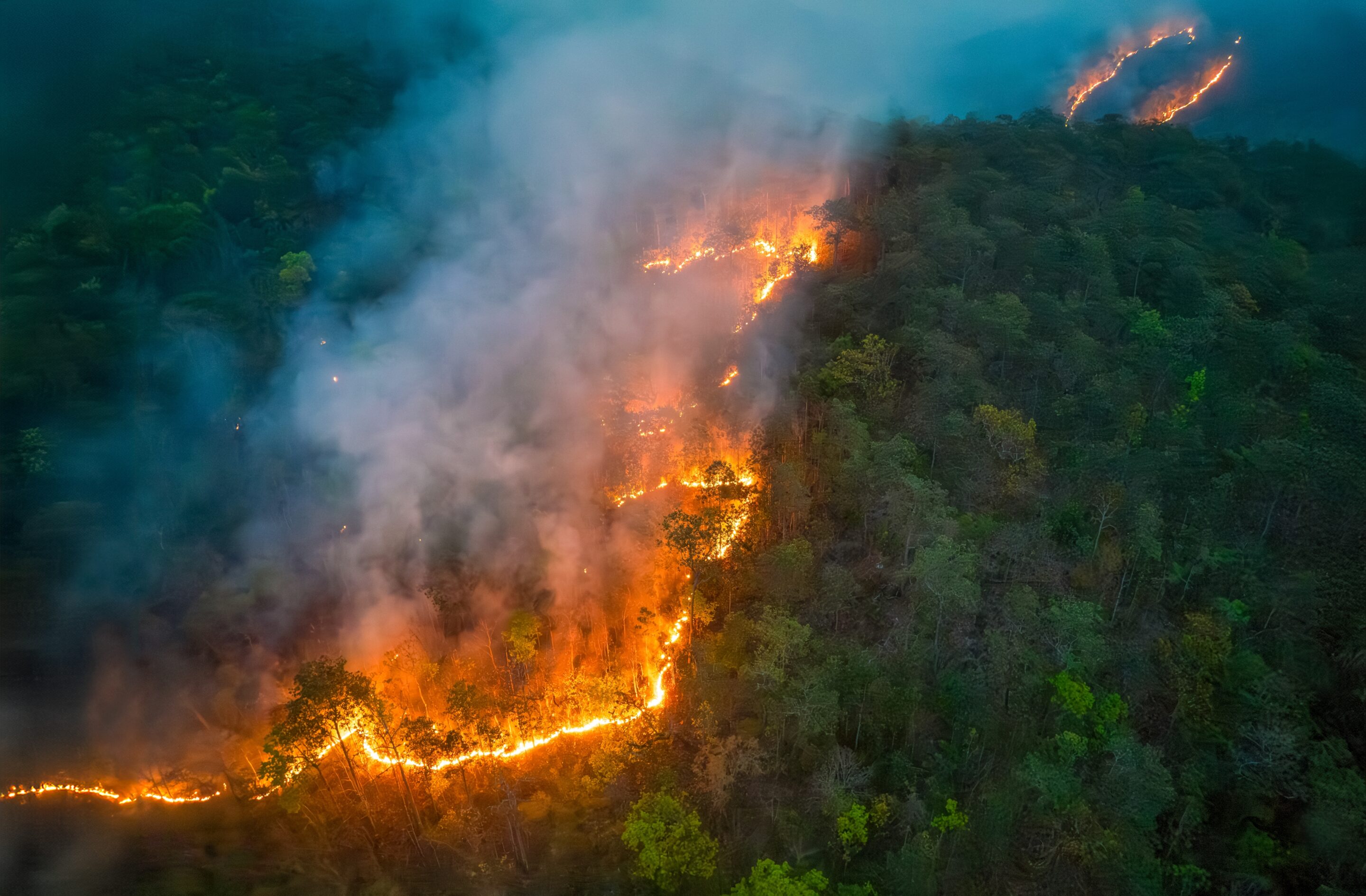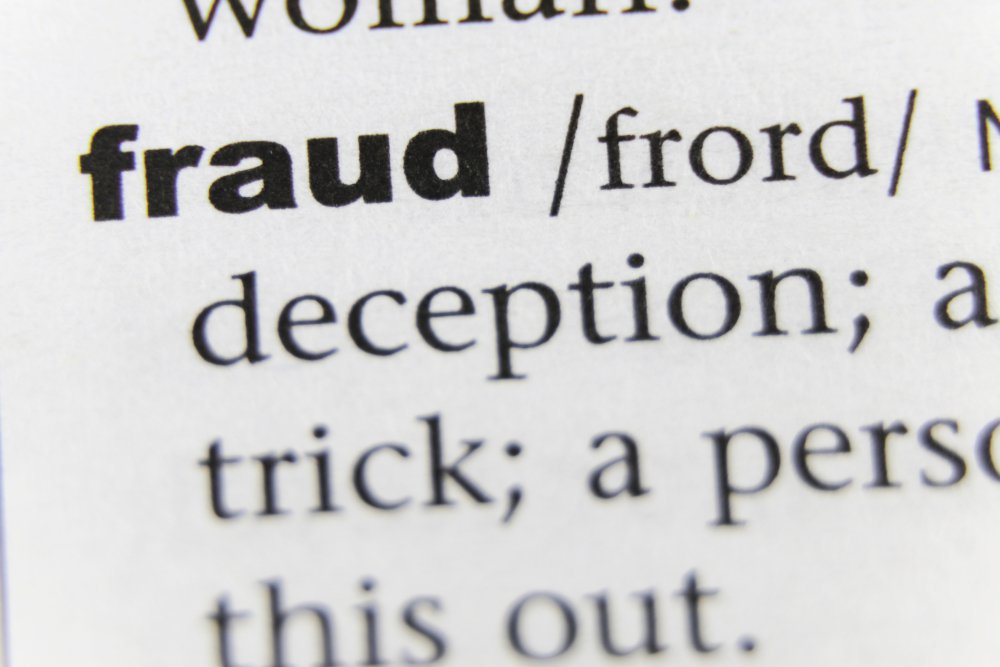In addition to your coverage, review your responsibilities under the policy. Contact your insurance company or agent as soon as possible to notify them that you will be submitting a claim. Insurance companies typically have short deadlines for providing notice of claim following an event, as well a your sworn “proof of loss” statement and other information. If you fail to comply with the insurer’s requirements in a timely manner, the company may use it as an excuse to deny your claim or delay your payout.
The California Insurance Market
The January 2025 wildfires are the latest in a string of costly wildfires and other natural disasters to hit California. In recent years, many property insurers have fled the market or scaled back their operations in the state, citing the growing threat of wildfires as well as a challenging regulatory environment. The relatively few remaining insurers face hefty exposure and may seek to limit their liability by exploiting loopholes to deny some claims, dispute the value of covered losses in others, and slow down claim payouts by demanding onerous documentation.
Read Your Policy Carefully
Most standard homeowners’ policies cover damage from fires, including wildfires, which includes repair or replacement costs for damage caused by fire, smoke and the water used to extinguish the flames, up to the policy limits. Coverage typically includes your home, any attached and unattached structures on the property, and personal belongings. If your home is uninhabitable, your policy may cover the cost of temporary lodging and certain other living expenses.
Read your policy carefully to understand if you have “replacement cost” coverage or “actual cash value” coverage. Many standard homeowners’ policies provide “replacement cost” coverage for the physical structure and “actual cash value” coverage for personal belongings. Replacement cost refers to what it would cost to replace destroyed property with property of similar kind and quality at today’s prices. Conversely, actual cash value factors depreciation and normal wear and tear into the value of property. For instance, if you need to replace a 10-year-old refrigerator that was damaged, your payout will not equal the value of a brand-new refrigerator of like kind; rather, it will be reduced to reflect 10 years of depreciation.
Submitting a Claim
In addition to your coverage, review your responsibilities under the policy. Contact your insurance company or agent as soon as possible to notify them that you will be submitting a claim. Insurance companies typically have short deadlines for providing notice of claim following an event, as well as your sworn “proof of loss” statement and other information. If you fail to comply with the insurer’s requirements in a timely manner, the company may use it as an excuse to deny your claim or delay your payout.
When it is safe to do so, take photos or video of the outside of your home, each room inside, and any damaged items. Maintain an itemized list of all damaged items and their value, gathering receipts and other evidence to support your claim wherever possible.
Keep track of all out-of-pocket expenses that you incur in the wake of the disaster, such as hotel and meal costs if you need to vacate the home, and retain receipts for submission to the insurer.
Once the insurance company receives your claim, it will send an adjuster to assess the property. Keep in mind that homes that are only slightly impacted by fire should be inspected for “hidden” damage, such as structural damage from high heat, damage from smoke or fire retardants, or mold damage from water. Make your property and all damaged personal items available for the adjuster’s review.
In many cases, disputes arise over the value of the damage. Many policy owners would be well-served to hire a public adjuster to assist them in proving the proper value of their loss.
If your home is located in a federal disaster area, you can apply for assistance through the Federal Emergency Management Agency (FEMA), even if you have insurance. Disaster assistance may help bridge any gaps in your insurance coverage.
If your insurance company has denied or is challenging your wildfire claim, contact Schwartz Conroy & Hack. We have the expertise, experience and tenacity to make insurance companies keep their promises to you.

